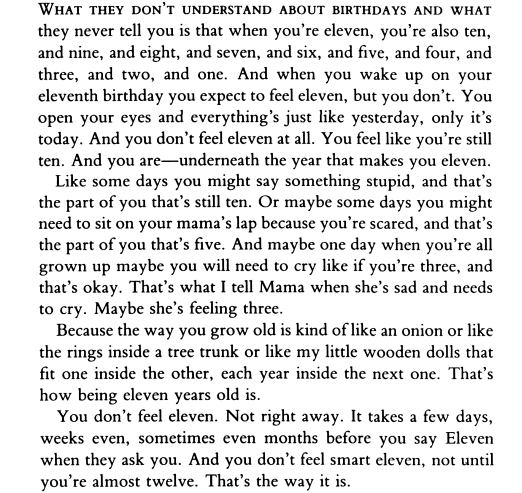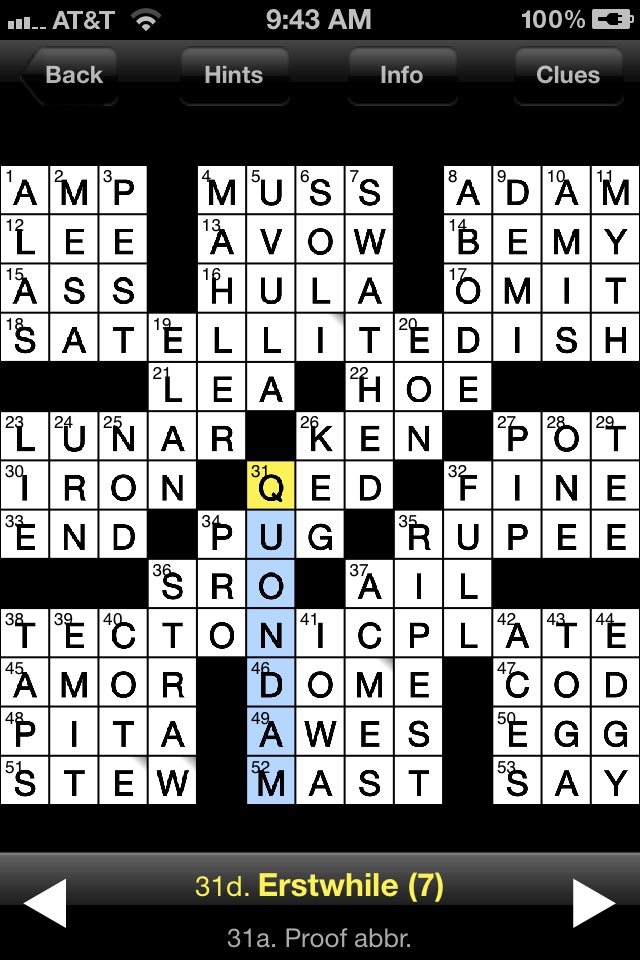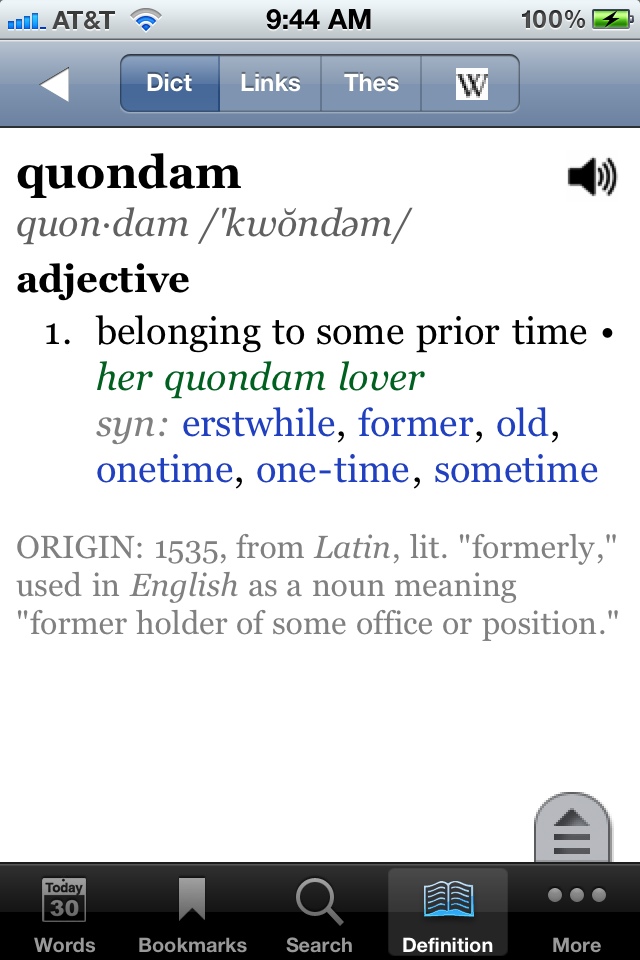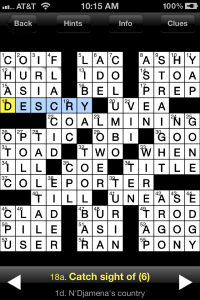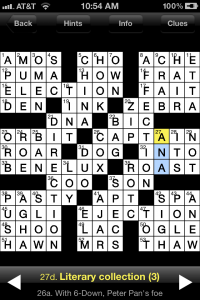She is Maya
An illusion; She hides truth from the unaware
A shadow; She reveals but a hint of truth, what is real
A glimpse; She teases with a brief look at truth, the true beauty of reality
A perception; She joys in teasing the senses, creates thirst for truth
A vision; She allows a fleeting awareness of truth’s loveliness
I long for Her reality, Her true beauty, seeking what She hides.
She opens her veil to me, my untrained eyes catching a hint of the truth She covers.
Oh, for the fog to clear from my eyes, to reveal all that is reality,
To know Her secrets, to penetrate Her enigma, to savor the reality She enshrouds.
She is Maya
~Written by James Milstid
I happened upon an article a few months ago about reality. I’m not Hindu, nor to I pretend to be at all knowledgeable about the Hindu beliefs, but the article mentioned the goddess Maya and it piqued my interest and prompted me to write the poetry above
Maya is the goddess of illusion, or as some would put it, delusion. Each of us perceive reality in a different way by putting our own spin on it. Our perceptions cloud what we see and think. Hindus strive to see the true reality, without the veil of human perception. Maya is all that we “put on” the true reality. Seeking Maya’s secrets and knowing of her allow us to see through our perceptions.
We shroud true reality every day. It’s simply a part of our nature. It’s interesting that the ancient Hindus understood this and strive to see through Maya’s veil.

